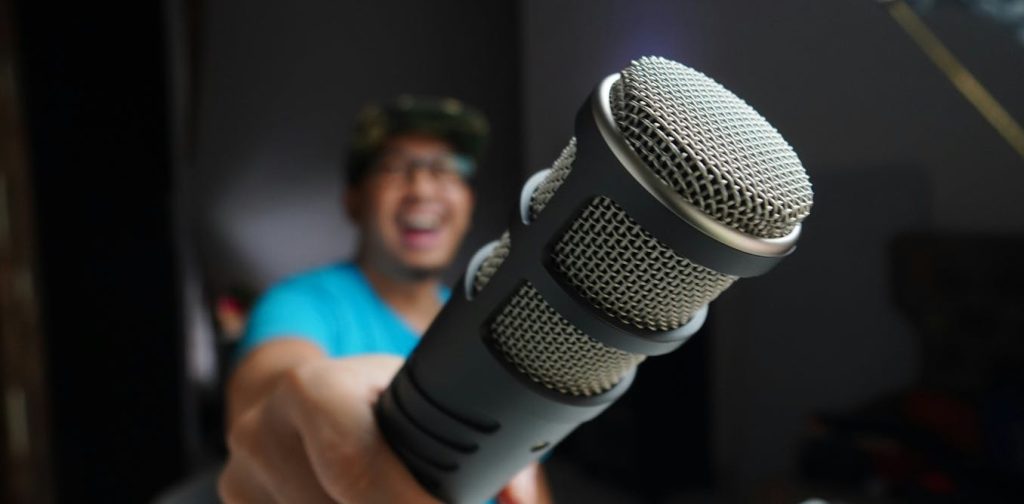Listen to the article
Public Confidence in Social Media Plummets as Podcasts Gain Trust
One in four Australians now rate social media as “very unethical,” according to the 2025 Ethics Index published by the Governance Institute of Australia, highlighting a significant erosion of public trust in these platforms.
This declining confidence isn’t isolated to Australia. The 2025 Edelman Trust Barometer, which surveys more than 30,000 people across 28 countries annually, reports a similar global trend of diminishing trust in social media companies. The Digital News Report 2025 further confirms widespread concerns about misinformation and distrust in news shared on social platforms.
While social media has enabled unprecedented levels of connection and civic participation, research increasingly highlights its darker side. Studies have demonstrated that false and sensational information often spreads faster than factual content on certain platforms, fueling political polarization and social discord.
The mental health implications are equally concerning. Research has established links between heavy social media use and increased rates of depression, anxiety, and psychological distress, particularly among younger users. The 2021 revelations by Facebook whistleblower Frances Haugen brought these concerns into sharp focus, exposing internal documents that acknowledged Instagram’s negative impact on teen mental health.
These revelations suggested social media companies are often aware of potential harms but fail to take adequate action, further eroding public trust in their ethical standards.
In stark contrast, podcasts enjoy significantly higher levels of public confidence. More than half of Australians over the age of ten engage with audio or video podcasts monthly, according to Edison Research’s Infinite Dial Australia 2025 report. This popularity has made podcasts an important communication channel, with political leaders increasingly using them as campaign platforms during the 2025 Australian election.
Several factors contribute to podcasts’ more positive reputation. Unlike the algorithm-driven experience of social media, podcast consumption typically involves more deliberate choices. Listeners select specific shows and episodes rather than passively scrolling through endless content feeds. Podcasts also generally provide longer, more nuanced discussions compared to the brief content snippets that characterize social media.
Research suggests this format fosters a sense of intimacy and authenticity. Listeners often develop what feels like genuine relationships with hosts, viewing them as credible and trustworthy sources of information.
However, this trust may not always be warranted. A Brookings Institution study analyzing over 36,000 political podcast episodes found that nearly 70% contained at least one unverified or false claim. Additional research reveals that political podcasts frequently employ toxic or hostile language, suggesting podcasts aren’t inherently more ethical spaces than social media platforms.
“The lesson is straightforward: trust or distrust alone doesn’t change whether the information you receive is actually truthful – particularly in an online environment where anyone can say anything,” notes the report.
Experts suggest that navigating today’s complex media landscape requires critical thinking about all information sources, regardless of format or platform. Digital literacy efforts must expand beyond social media to equip people with the skills to evaluate information from any source, whether a TikTok clip or a long-form podcast.
For social media platforms to rebuild public trust, they must adopt more transparent practices around advertising, content moderation, and recommendation algorithms. This expectation should extend to podcasts, streaming services, and other digital media, all of which can potentially spread misinformation.
The Australian government has recognized these concerns, releasing a report earlier this year arguing that social media platforms have a “duty of care” toward users and should proactively limit harmful content.
Creating a healthier information environment will require multiple approaches: engaged but appropriately skeptical citizens, stronger ethical standards across all platforms, and accountability systems that reward transparency and reliability rather than engagement at any cost.
As digital media continues to evolve, the challenge remains balancing the benefits of connectivity and information access with responsible practices that protect users and society from potential harms.
Fact Checker
Verify the accuracy of this article using The Disinformation Commission analysis and real-time sources.




5 Comments
The erosion of trust in social media is an important trend to watch. While the shift towards podcasts as a more credible source is understandable, your point about the need to closely monitor for similar challenges is well taken. We’ll have to see how this space develops and whether podcasts can maintain their perceived trustworthiness.
The declining trust in social media is concerning but not entirely surprising given the issues around misinformation and mental health. The rise of podcasts as a more credible source is an interesting development, but your point about the need to closely monitor for similar credibility challenges is well taken.
Interesting to see the erosion of trust in social media. With so much misinformation and mental health impacts, it makes sense people are turning to more credible sources like podcasts. But I wonder if the trust in podcasts is truly justified – will we see similar issues emerge there over time?
The shift away from social media towards podcasts for news and information is an intriguing trend. I can understand the appeal of more in-depth, curated content. But you raise a fair point – will podcasts face their own credibility challenges down the line? We’ll have to see how this space evolves.
The growing distrust in social media is understandable given the issues around misinformation and mental health impacts. Turning to more substantive sources like podcasts seems like a sensible response. But you make a valid point – we’ll need to closely monitor if similar credibility concerns emerge in that realm as well.